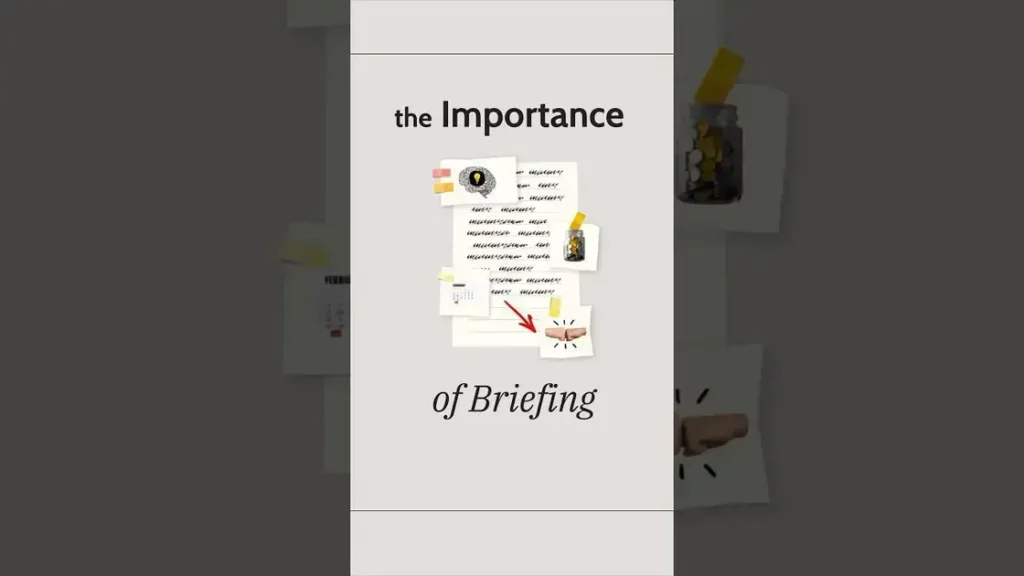Leitura: 7 minutos Discover how the right free course can rewire your team’s mindset and unlock measurable gains in engagement and resilience. This article delivers sharp intelligence on the Science of Happiness—distilling what leaders, founders, and HR strategists must know to stay ahead. Fast-track your organization’s psychological edge in today’s hyper-competitive markets by acting on the latest data-driven insights.
Why This Course Goes Viral
Free online courses on the Science of Happiness consistently attract huge enrollments. Their popularity isn’t just accidental—it’s fueled by rising global stress and a growing appetite for evidence-based well-being tools.
- Demand for psychological resilience is at an all-time high.
- Courses like Yale’s “The Science of Well-Being” and Berkeley’s “The Science of Happiness” reach millions.
- Users report improved focus, productivity, and job performance.
In practice, this surge means smart companies are doubling down on employee well-being as a strategy, not an afterthought. Are you capitalizing on this movement or letting your competitors gain the advantage?
Key Content That Drives Results
What sets these courses apart? They blend rigorous science with actionable frameworks.
- Cognitive behavioral techniques
- Mindfulness practices
- Habit-building for long-term change
- Real-world application in business and life
The payoff is tangible: Employees complete these modules and exhibit more positive mindsets and resilience to pressure. For leaders, leveraging such curricula means higher retention, lower burnout, and a competitive edge in talent wars. What skills matter most to your organization’s growth trajectory?
Market Impact and Case Studies
Practical adoption is booming. Companies piloting science-of-happiness curricula report measurable returns:
- Increased employee engagement by up to 30%
- Significant reductions in absenteeism
- Enhanced creativity and collaborative problem-solving
Intelligence of market leaders indicates a move from basic wellness programs to outcome-driven, data-monitored initiatives. The real-world impact refutes any skepticism—ROI tracks closely with the depth of integration. Are you tracking well-being’s ROI in your own workplace yet?
Technology’s Rising Role in Learning
Digital delivery is a force multiplier. Platforms leverage machine learning for adaptive content and real-time feedback. Automated reminders and peer forums keep users engaged and accountable.
- Microlearning modules optimize retention
- Mobile accessibility increases completion rates
For organizations, this translates to scalable, low-cost upskilling—minimizing disruption in the supply chain of talent development. The message for innovators: Harness tech to maximize both reach and impact. How robust is your digital upskilling pipeline?
Future Trends in Well-Being Education
Well-being education is merging with performance analytics. Tomorrow’s courses will integrate biometric feedback, AI-driven personalization, and predictive risk assessment for burnout.
- Customization based on user data will shape learning paths
- Regulatory shifts may soon recognize well-being metrics as critical as financials
For leaders, the implication is clear: Invest now in integrating well-being intelligence with core business operations, or risk lagging behind more adaptive competitors. How are you preparing for the regulatory and cultural evolution in workplace well-being?
